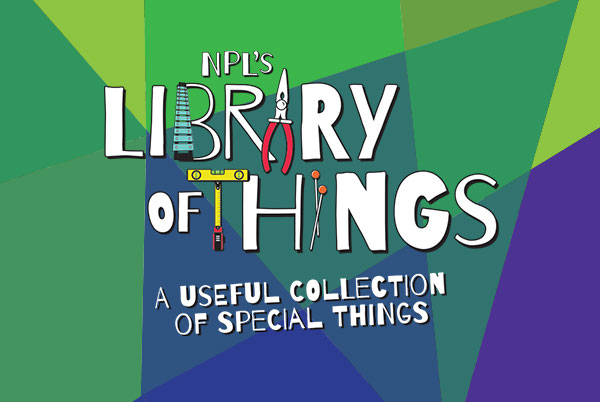
When you take a look at the city of Nashville today, and how it has grown over the past 20 to 30 years, it's hard to imagine that change without former Mayor Fulton, who sadly passed away on Wednesday, November 28th. He was 91 years old.
Born and raised in East Nashville, Fulton served the city and county as mayor from 1975 to 1987. Prior to that, he served as congressman of the 5th Congressional District, a.k.a. Nashville and areas further west, from 1963 to 1975. That seat is filled today by Congressman Jim Cooper.
But believe it or not, his political career started several years before 1963; he actually began his career at a young age (a young age for politics, I guess). After graduating from UT-Knoxville, then serving in the U.S. Navy for a year (1945-46), Fulton found himself accidentally facing a State Senate seat. In 1954 when he was only 27 years old (technically too young to meet the state constitution's 30-years-of-age minimum requirement), Fulton's older brother Lyle ran and won a land-slide election for the State Senate. But shortly after, Lyle was diagnosed with a malignant tumor. He passed away before the general election, unfortunately. Richard was then chosen by the County Democratic leaders instead to replace his brother, as he was his brother's campaign manager. But as mentioned, because he was too young, he was only sworn into office while the Senate's members refused him a seat. The seat was eventually filled by Clifford Allen.
Four years later though in 1958, he ran again when he was old enough and won. He served a 2-year term before eventually successfully running for Congress. As a progressive, Fulton was one of only a few Southern Democrats that voted for the Civil Rights Act of 1964 and Fair Housing Act of 1968. Another landmark decision he made while serving as a Tennessee Congressman was to elect the first African American to work on his staff.
Years later when he served as Metro's second mayor, succeeding Mayor Beverly Briley, his ideals and visions did not change.
During his three terms as mayor, many changes took place in Nashville, including:
- The revitalization of Downtown Nashville, including 2nd Avenue North, the addition of Riverfront Park, and building the new Convention Center (formerly on 5th and Broadway)
- The construction of I-440
- A new airport terminal at BNA
- Improving infrastructure to help with the growth of the city - expanding the sewer and water lines in downtown and curbing edges and brick-surfacing of Church Street
- The expansion of MDHA (Metro Development and Housing Agency)
- Adding many more parks to the area
- The addition of several new commissions, including the Metro Nashville Arts Commission (a project I'm learning more about everyday through the processing of the Summer Lights Collection - a festival that took place while Fulton was in office)
And several more projects, both successful and unsuccessful. I mention unsuccessful ones because I'm familiar with a portion of his Mayoral Papers that include several sports initiatives that were attempted while he was in office. For instance, did you know that we could've been the host of the 1996 Summer Olympics? History tells us which city really won the bid (Atlanta), but that rejection didn't stop him and his staff from attempting to draw other sports franchises/teams to Music City. We also could've had a spring football team, if the NFL's spring league idea was successful.
If you'd like to learn more about Nashville's Olympics' bid, I wrote a blog post some time ago about Nashville's attempt at winning the olympic bid. It's really unfortunate our city wasn't chosen for the Olympics. Maybe someday.
Lastly, Fulton helped create something a little closer to home - Metro Archives. In 1985, the Metropolitan Archives Advisory Committee was appointed to establish policies for the operation of the Archives. It had been advised to Fulton by Archivist Virginia Lyle that a location needed to be established for Nashville's historic records - for public use and also preservation. If you'd like to learn more about our creation, check out our Facebook page to see the post created yesterday to honor Mayor Fulton.
For his many years of service to the city, we grateful staff at Metro Archives would like to say thank you and a peaceful farewell.




